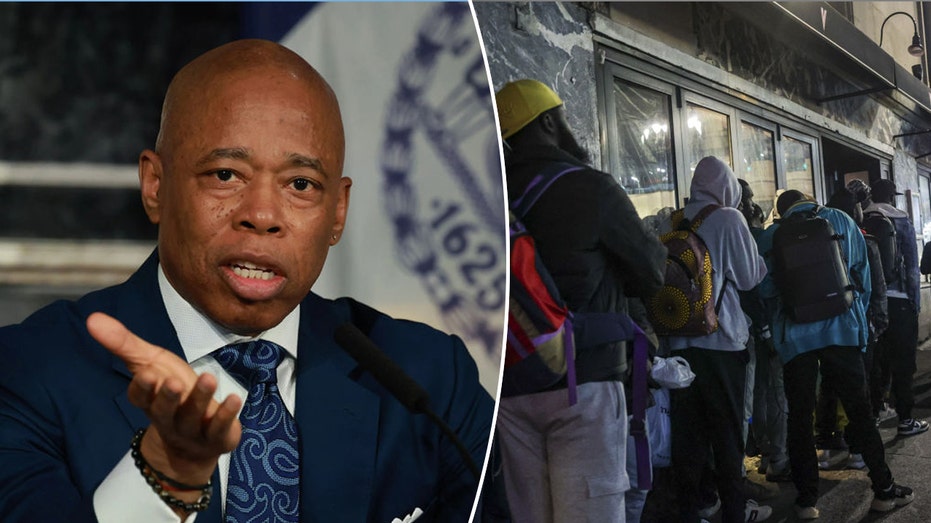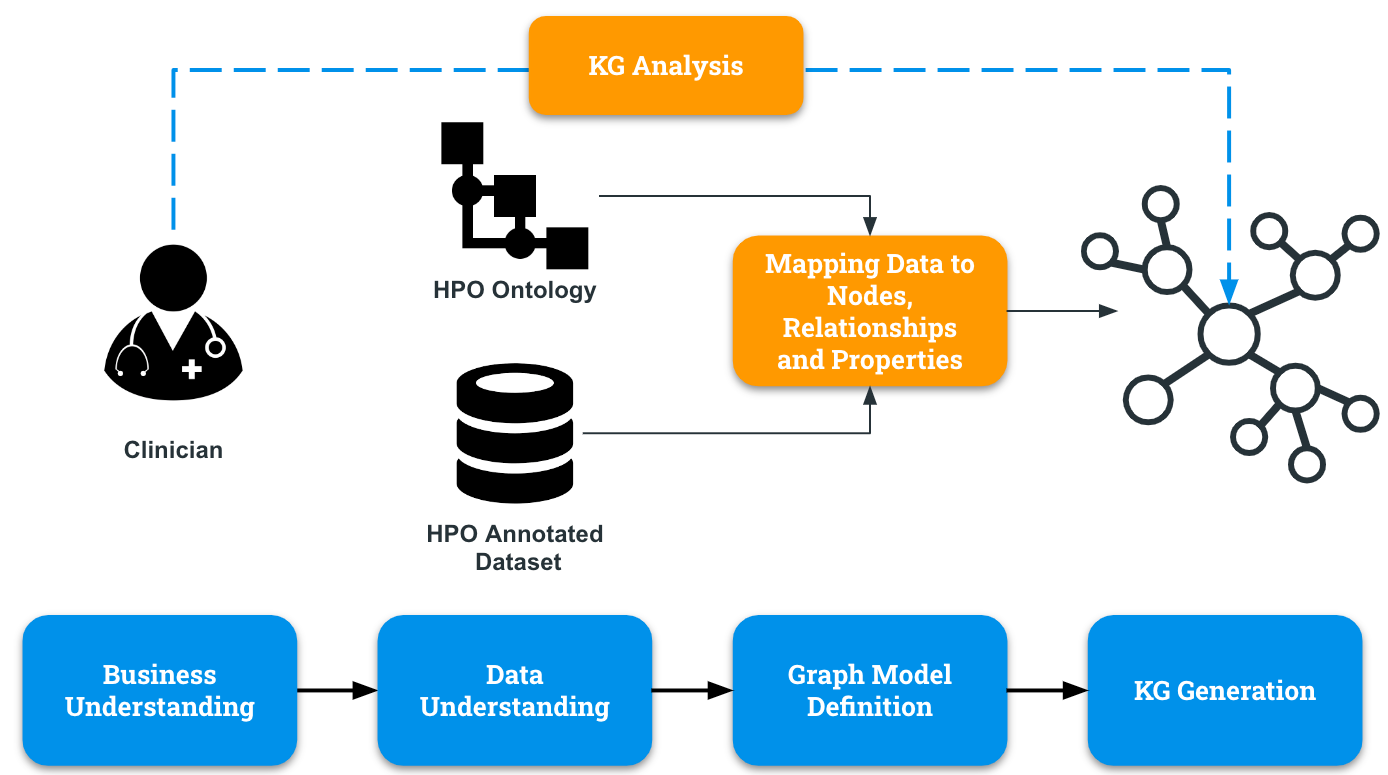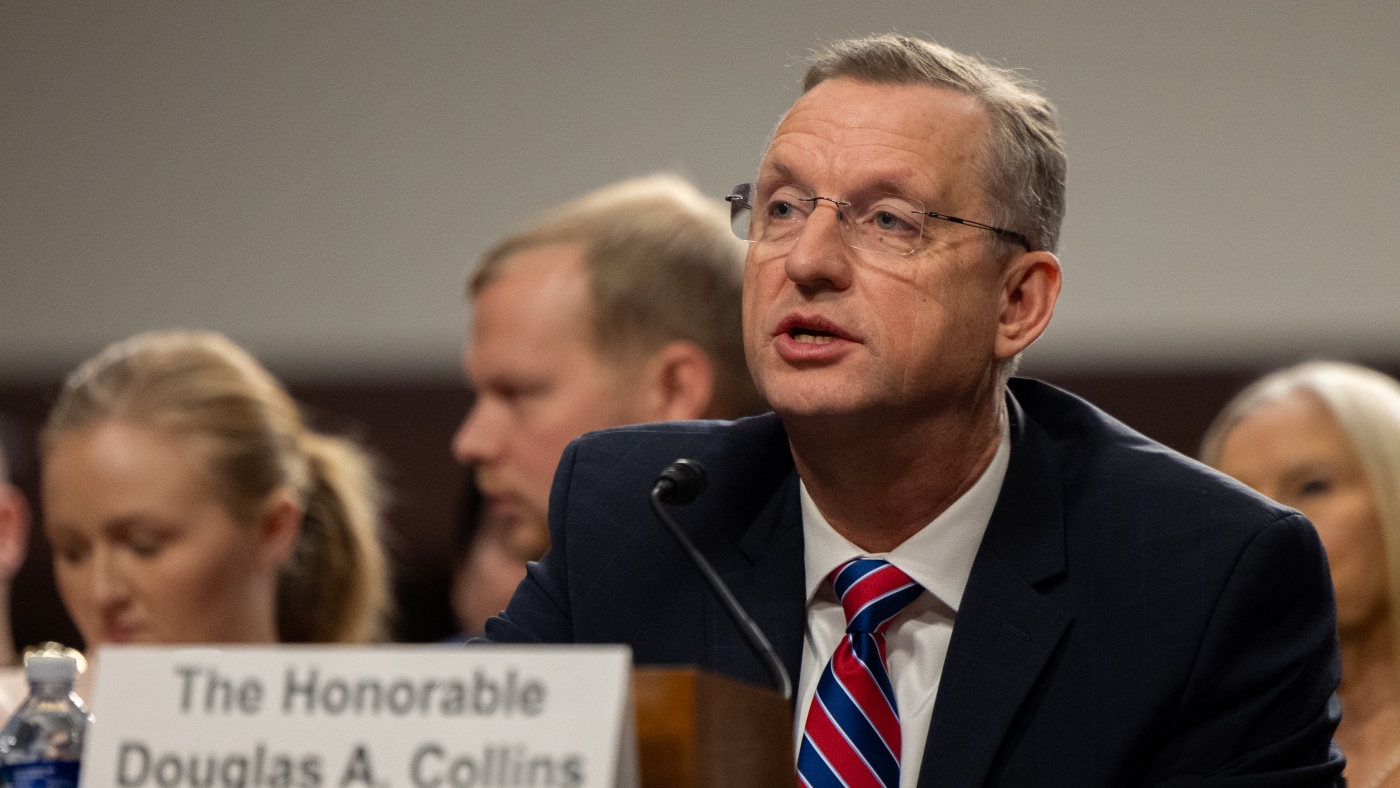You Should Fill Out The FAFSA
Here we go again – Donald Trump makes a lot of irresponsible statements. His detractors then follow suit. In the past few weeks in several meetings and at events people have said confidently they’re advising immigrant or immigrant adjacent students ( commonly called “mixed status” families) not to fill out the Free Application for Federal … Continue reading "You Should Fill Out The FAFSA"

Here we go again – Donald Trump makes a lot of irresponsible statements. His detractors then follow suit.
In the past few weeks in several meetings and at events people have said confidently they’re advising immigrant or immigrant adjacent students ( commonly called “mixed status” families) not to fill out the Free Application for Federal Student Aid (FAFSA) lest they give Immigration and Customs Enforcement (ICE) data to find them or their family and deport them. Eric Hoover took at look at this for The Chronicle. The National College Attainment Network**, a leading student aid non-profit, proffered it as guidance.
With some narrow exceptions this is terrible advice and unhelpful rhetoric. And it’s mostly performative virtue signaling. On that people involved in immigration enforcement and student aid experts I talked to generally agreed, though the latter were reluctant to go on the record given the political sensitivity.
Contra the rhetoric from the right about immigration, most people in the country illegally are living quietly and discreetly – precisely to stay under the radar. They’re not trafficking drugs, engaging in other crime, or even eating common household pets. Experts differ on the exact costs and benefits yet undocumented immigrants contribute to the economy (more than Trump often allows and in ways that will confound efforts toward mass deportation). But this pattern of life means most have a footprint of various kinds and in general ICE knows where they are or can find them if federal agents would really like to. Especially if they are settled with kids in school or frequent a work site. It’s hard to exist in 2024 America without creating a footprint.
In other words, it’s unlikely that the information on a FAFSA form is going be to instrumental to federal authorities learning of their existence or whereabouts. Or, put differently, while it’s a depressing thought to someone like me who is generally pro-immigration, the fact is that if Trump really wants to do mass deportations he can do it absent the FAFSA.
More immediately, there are marginal issues but there is currently no legal framework for immigration officials to access FAFSA data. That could change with an agreement between DHS and Education but it’s not the case now. ‘But Trump doesn’t care about the law’ you say. OK, fair enough, but any enforcement tied to this absent a legal agreement would almost inevitably, and appropriately, be challenged in court. Even with a legal agreement there would be challenges given other barriers in current law. And many people in government are not looking for ways to help with this – ICE complains it gets insufficient support, not the other way around.
That’s a lot of contingencies. What’s more certain is federal aid, and for many students its importance to continuing their education.
So contra the rhetoric from the left, the true threat from FAFSA data is contingent on what the Trump Administration ends up doing, on a highly contested issue that will certainly be litigated and addressed politically, the extent of someone’s existing digital footprint, and then what student aid data ultimately able to be accessed and used by federal authorities after a likely legal process.
That’s a lot of contingencies. What’s more certain is federal aid, and for many students its importance to continuing their education. That’s why it’s probably in your interest not to fill out the FAFSA only if several things are true for you. First, you haven’t already filled it out in previous years or shared that data with the government. Second, the people you are worried about don’t have any meaningful footprint in the economy, existing public databases, or other data that would be accessed during a large scale immigration action. And, finally, you believe that the Trump Administration’s immigration enforcement will not stop at people who have committed criminal acts (beyond just being in the country illegally) and you believe actual mass deportation are reasonably likely. Those are fractional numbers.
Otherwise, you’re trading the probably sure thing of important federal aid to continue your education for a highly contingent set of circumstances. And the people advising you to do that? For the most part they’re not making that wager themselves, they’re trying to make a political point.
It’s a point I generally agree with, Trump’s immigration rhetoric and some of his potential policies are abhorrent. But that’s a distinct question from what should students do right now based on their circumstances and we should keep it distinct.
If Donald Trump follows through on his promise for “mass deportation,” so not just people with existing deportation orders or criminal conduct beyond their underlying immigration status that will be ghastly and in my view should be resisted. This is not who we are. Count me squarely in the America is an idea, and a special and unique idea in the world, camp. Whatever fever dream fantasies Stephen Miller and his ilk have, we’re not an ethnostate and immigration and diversity, while not without challenges, makes the country better and more vibrant over time. (And if Democrats conflate border enforcement or deporting actual criminals with “mass deportation” well there is a storybook about wolves and boys that offers a cautionary tale).
A few weeks ago giving a talk on college campus several students came up to ask me if I thought they’d be deported or ordered out of the country. It’s a sign of the irresponsibility of Trump’s rhetoric that young people would be concerned like this. A responsible American leader calms rather than roils the water. (To his credit, Trump said in his Sunday Meet the Press interview that he wanted to strike a deal on ‘Dreamers’ but even in just that interview his immigration statements were inconsistent and in one case – birthright citizenship – straight up unconstitutional under current interpretation.*)
So, yes, it’s hard to know what the limiting principle is on Trump’s immigration policy. Is the goal just enforcement of existing deportation orders and dangerous individuals with some bombastic rhetoric and the presence of people like Stephen Miller to scare the bejesus out of Democrats and get them to the negotiating table? Is this an “Art of the Deal” style move to get border security or is he seriously considering deporting millions upon millions of people, most of whom have been living quietly and peacefully? I don’t know. You don’t know. And he probably doesn’t know given his fly by the seat of his pants governing style.
We do know, however, that student aid matters. A lot. And after last year’s FAFSA debacle we’re already behind the game as the recent FAFSA meltdown seems to have led to some would-be students eschewing higher education altogether. We’ve apparently been reduced to celebrating when something works not expecting it as a matter of course. Here in education that, bouncing back on FAFSA, should be our immediate focus, not the macro politics of Donald Trump or the return of 2017-2021 style performative politics, which we don’t have time for. For most students the FAFSA is unlikely to be determinative around immigration, yet it might be around their education. Leaders should make sure young people understand that calculus.
If you want to get Eduwonk.com in your inbox when it’s published you can sign up for free here.
*If you really want to become cynical about this stuff, the treatment of Dreamers as an ‘issue’ by both parties at different points is unbelievable.
**The original version of this post failed to note that Bellwether Partner Nick Lee is on the board of NCAN. I did not discuss this post with him. In addition, Bellwether has done strategic planning for NCAN, I overlooked that in a conflict check and did not disclose it. I regret the error/omission.
What's Your Reaction?











































![AI in elementary and middle schools [NAESP]](https://dangerouslyirrelevant.org/wp-content/uploads/2025/01/NAESP-Logo-Square-1.jpg)










![Trump’s FAA Shake-Up: DEI Gone, But Safety Questions Remain [Roundup]](https://viewfromthewing.com/wp-content/uploads/2024/01/DALL·E-2024-01-24-12.35.35-A-wider-view-of-an-overworked-air-traffic-controller-in-a-control-tower-captured-from-a-side-angle.-The-controller-is-visibly-stressed-with-sweat-on.png?#)



























